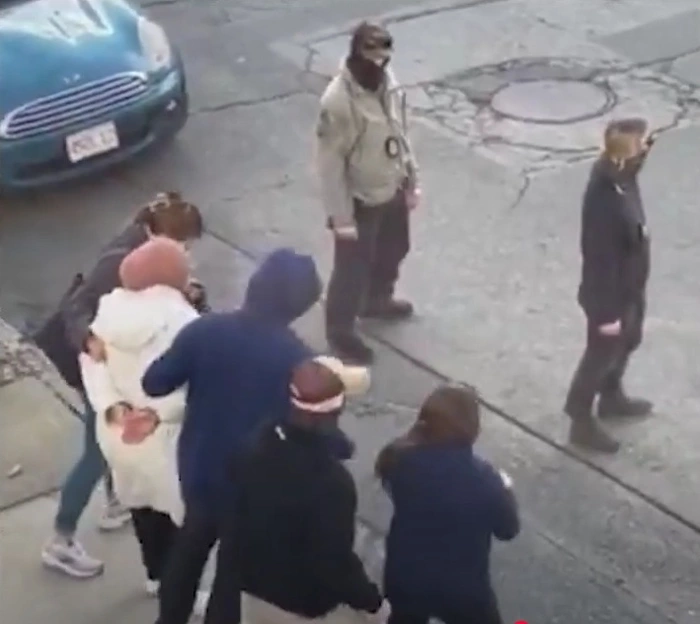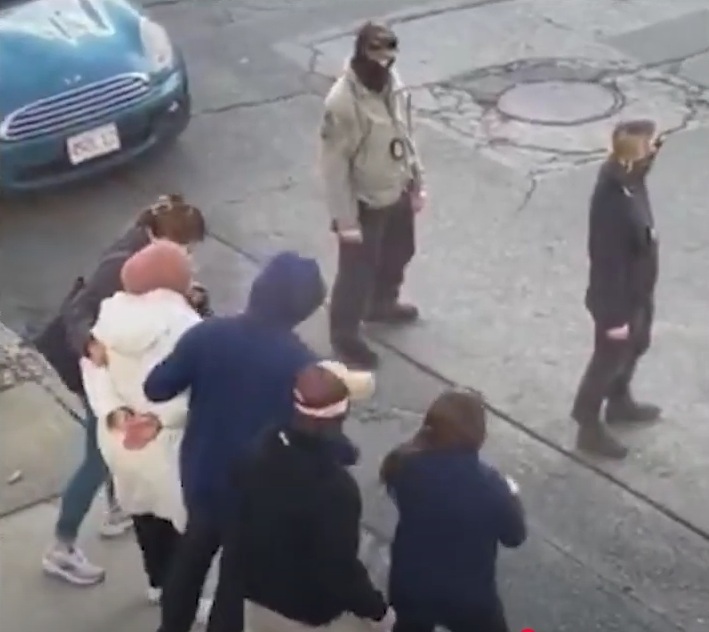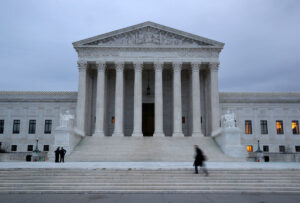Arrest of Turkish Student Sparks Controversy Over Immigration and Free Speech

The arrest of Rümeysa Öztürk, a Turkish doctoral student at Tufts University, has stirred significant debate regarding immigration policies and freedom of speech. Öztürk, who was taken into custody by U.S. Immigration and Customs Enforcement (ICE) on March 25, faces allegations of supporting Hamas, a group designated as a terrorist organization by the U.S. government.
Öztürk was apprehended while en route to an iftar dinner from her residence in Somerville and subsequently transported to a detention facility in Louisiana. Authorities claim her involvement with Hamas violates the conditions of her student visa.
Denouncing the arrest, the Rt. Rev. Julia E. Whitworth of the Episcopal Diocese of Massachusetts issued a statement urging against xenophobia and emphasizing the importance of welcoming and supporting vulnerable communities. “Our Christian faith calls us to renounce the promotion of xenophobia and fear to foment dehumanization of any of God’s children, especially immigrants and our newest neighbors,” Whitworth declared in her statement.
Whitworth emphasized the need for collective action to ensure the safety and protection of international students. She called on the community to support Tufts University and other educational institutions in safeguarding free speech and diverse perspectives.
The controversy surrounding Öztürk’s arrest is rooted in an opinion piece she co-authored for The Tufts Daily, which urged the university to recognize the “Palestinian genocide” and divest from Israeli-linked companies. Her attorneys argue that her detention violates her rights to free speech and due process, seeking her return to Massachusetts.
A federal judge has temporarily halted Öztürk’s deportation, pending further court orders. Meanwhile, the Department of Homeland Security maintains that her activities were in support of Hamas, although specific details remain undisclosed, as reported by The Associated Press.
Tufts University has affirmed its support for Öztürk, stating that her actions did not breach any university policies. The institution highlighted the diversity of opinions featured in The Tufts Daily and asserted that they have no evidence suggesting she violated the Immigration and Naturalization Act.
Recent tensions on college campuses, fueled by the ongoing conflict between Hamas and Israel, have led to heightened scrutiny of pro-Palestinian activities. The Trump administration has increased efforts to counter antisemitism and warned universities about potential funding cuts if illegal protests are permitted. This policy was underscored by Trump’s declaration on his TruthSocial page, stating, “All Federal Funding will STOP for any College, School, or University that allows illegal protests.”
Öztürk’s case is one of several high-profile incidents involving students and activists in the context of the Israeli-Hamas conflict that erupted in October 2023. The escalation began with a deadly Hamas attack on southern Israel, prompting a strong military response from Israel, resulting in significant casualties on both sides.
This article was originally written by www.christianpost.com






